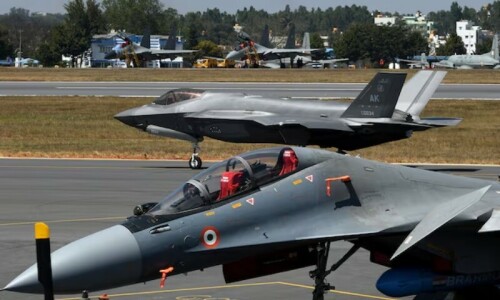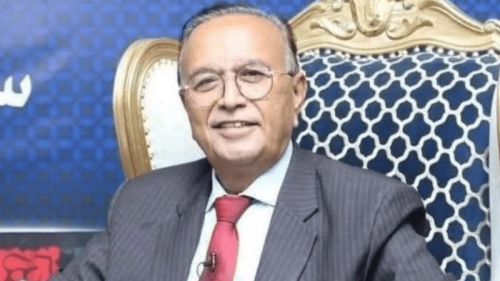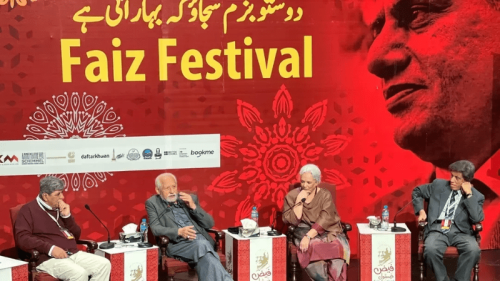
ISLAMABAD: With the onset of winter, a serious gas crisis is threatening the country as the shortfall is anticipated to reach the highest ever 2 billion cubic feet per day (BCFD) against the maximum output of a little over 4 BCFD, forcing the government to consider curtailing supply to the industrial sector for three months.
A senior government official told Dawn that the gap between supply and demand had already touched 700 MMCFD (million cubic feet of gas per day) this month – a level witnessed in the financial year 2009-10 when winter was at its peak (Dec-Jan). “The shortfall is estimated to go up by about three times to 1.9 BCFD during peak winter,” he said.
The official said the government was considering two proposals to cope with the shortfall.
First, to pass on the entire gas shortfall to the industrial sector in view of the fact that all industries had supply contracts for nine months even though they would use their political influence to avoid such a situation.
Last year, big quantities of gas were diverted from the power sector to the textile industry because the government at the time pushed for additional taxes but that led to creation of heavy circular debt as the requirement for furnace oil increased to offset power shortfalls.
The second proposal is to introduce smart metering for the compressed natural gas (CNG) sector and allocate fixed weekly quotas for all stations. Under the arrangement, it will be up to the CNG stations to exhaust their quotas in a day or over a period of seven days depending on the number of vehicles coming for refilling.
Officials said the gas shortfall would be highest in Punjab because of reduction in supplies and availability in the SNGPL system to about 1.9 BCFD from a peak of 2.5 BCFD.
The shortfall will continue to rise over the next two-three years till plans for import of liquefied natural gas and liquefied petroleum gas materialised.
The supply to the domestic sector could not be curtailed because several urban centres depend on gas for cooking and heating although gas pressures frequently drop owing to low temperatures.
Playing a dominant role with about 50 per cent contribution to the country’s primary energy mix, gas shortages have been estimated at 1.9 BCFD during the current year as supplies stagnate at about 4.1 BCFD with constrained demand exceeding 6.9 BCFD.
According to official estimates, gas shortfalls are estimated to reach 2.5 BCFD in 2014-15, 3 BCFD in 2015-16 and 3.5 BCFD in 2016-17. The gap is estimated to peak at 5 BCFD by 2020-21, unless major discoveries and field developments are made in the coming years.
According to the sources, Prime Minister Yousuf Raza Gilani was informed at a recent presentation that giving new gas connections under his instructions would cause an additional shortage of 312 MMCFD in the coming winter and 118 MMCFD in summer.
The premier had called the meeting to push for speeding up gas development schemes on suggestions from legislators and leading figures of his party in order to complete them before the next elections.
The SNGPL, SSGCL and the ministry of petroleum had informed Mr Gilani that most of the schemes did not fit into the viable expansion plans of the two gas companies.
“This is not only forcing them (the gas companies) to borrow from the banks to fund such schemes but also depriving the government of dividends it had estimated to accrue from their profits,” an official said.
Under the prime minister’s directives, the SNGPL and SSGCL completed 3,200 and 750 expansion schemes, respectively, involving more than 200,000 connections, mostly to residential areas.
The federal government provides about 30 per cent of the cost of new connections while the remaining 70 per cent is funded by the gas utilities.















































Dear visitor, the comments section is undergoing an overhaul and will return soon.